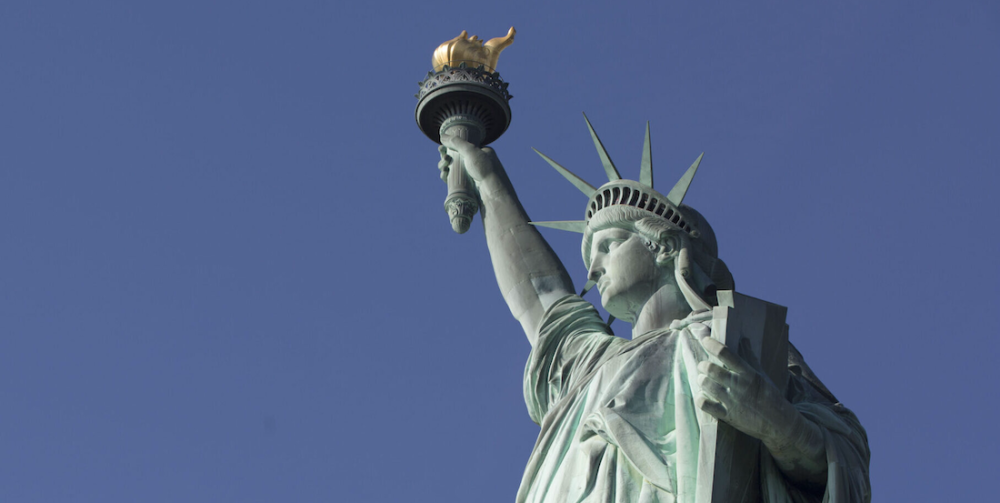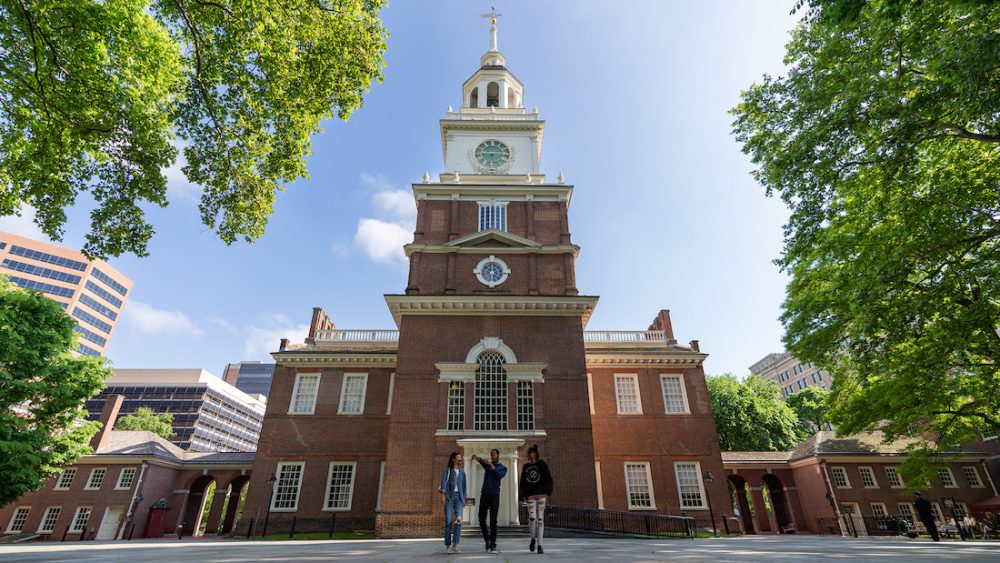
Withdrawal Signals Shift in America First Policy
New York, N.Y. – The United States has announced its decision to withdraw from the United Nations Educational, Scientific and Cultural Organization (UNESCO), effective December 31, 2026, marking a significant shift in its international cultural and educational engagement.
The move, articulated by the U.S. State Department, cites misalignment with national interests and concerns over UNESCO’s agenda, reigniting debates about America’s role in global multilateral institutions.
White House: U.N.’s Sustainable Development Goals
“conflict with current ‘America First’ foreign policy”
The U.S. State Department issued a statement on July 22, 2025, declaring that continued participation in UNESCO is ‘not in the national interest of the United States.’
Spokesperson Tammy Bruce emphasized that the organization’s focus on what the administration views as ‘divisive social and cultural causes,’ coupled with its prioritization of the United Nations’ Sustainable Development Goals, conflicts with the current America First foreign policy.
The decision echoes a similar withdrawal during President Donald Trump’s first term in 2018, with the U.S. rejoining under President Joe Biden in 2023. [Trump – Luce Index™ score: 35/100; Biden – Luce Index™ score: 78/100]
The announcement has sparked a mix of criticism and support, with some viewing it as a bold assertion of national sovereignty, while others see it as a step back from global cooperation.
UNESCO Director-General Audrey Azoulay expressed deep regret, defending the organization’s efforts in areas like Holocaust education and combating antisemitism. The decision raises questions about the future of international cultural collaboration and the U.S.’s role in shaping global education and heritage preservation.

Reasons Behind the Withdrawal
The U.S. State Department outlined several grievances in its statement. Tammy Bruce highlighted UNESCO’s emphasis on the Sustainable Development Goals, which the administration argues promotes agendas contrary to U.S. priorities.
Additionally, the decision to admit Palestine as a member state in 2011 remains a point of contention. The U.S. views this as fostering anti-Israel rhetoric within the organization, a stance that has long influenced its relationship with UNESCO.
This marks the second time in less than a decade that the U.S. has opted to leave UNESCO. In 2018, Trump’s administration cited similar concerns, including perceived bias against Israel and mismanagement within the organization.
The brief return in 2023 under president Joe Biden aimed to restore U.S. influence in global cultural and educational initiatives, but the Trump Administration sees withdrawal as a reaffirmation of its America First doctrine.

UNESCO’s Response and Reforms
Audrey Azoulay, UNESCO’s Director-General, responded swiftly, calling the U.S. decision regrettable but not unexpected. She defended the organization’s work, particularly in Holocaust education and efforts to counter antisemitism, which she argued are central to UNESCO’s mission. “These claims contradict the reality of our efforts to promote peace and mutual understanding,” Azoulay said in her statement on July 22, 2025.
To prepare for the financial and operational impact of the U.S. withdrawal, UNESCO has implemented structural reforms and diversified its funding sources. Azoulay noted that these measures, initiated after the 2018 exit, have strengthened the organization’s resilience.
Contributions from member states like Japan, Germany, and China have helped offset the loss of U.S. funding, which historically accounted for a significant portion of UNESCO’s budget.

Implications for Global Cultural Cooperation
The U.S. withdrawal could have far-reaching effects on UNESCO’s programs, including initiatives in education, science, and cultural heritage preservation.
The organization oversees projects like the World Heritage Sites program, which protects landmarks such as the Statue of Liberty and Yellowstone National Park. Without U.S. participation, funding and influence over these initiatives may shift to other nations, potentially altering their priorities.
Critics argue that the move isolates the U.S. from global discussions on critical issues like climate change education and digital literacy, both key components of UNESCO’s agenda. Supporters, however, contend that withdrawal allows the U.S. to redirect resources to domestic priorities and avoid entanglement in what they see as ideologically driven international agendas.
Historical Context and Future Outlook
The U.S. has had a tumultuous relationship with UNESCO since the organization’s founding in 1945. The Reagan administration withdrew in 1984, citing mismanagement and politicization, only to rejoin in 2003 under President George W. Bush. The 2018 exit and subsequent reentry in 2023 reflect ongoing tensions over UNESCO’s direction and its alignment with U.S. foreign policy goals.
Looking ahead, the withdrawal raises questions about the U.S.’s long-term commitment to multilateral institutions. Analysts suggest that the move could embolden other nations to reconsider their participation in UNESCO or similar bodies, potentially weakening global cooperation. Meanwhile, UNESCO’s ability to adapt through diversified funding and reforms may mitigate the immediate impact, but the loss of U.S. influence could reshape the organization’s future.
The U.S. decision also underscores broader debates about the role of international organizations in addressing global challenges. As UNESCO continues its work in areas like artificial intelligence ethics and ocean conservation, the absence of U.S. leadership may create opportunities for other nations to fill the void, potentially shifting the balance of global cultural and educational influence.
Summary for Audio File
The U.S. will withdraw from UNESCO by December 2026, citing misalignment with national interests and concerns over the agency’s focus on divisive issues and Palestine’s membership. This marks a repeat of the 2018 exit under Trump, with rejoining in 2023 under Biden. UNESCO’s leader expressed regret, highlighting reforms and diversified funding to mitigate the impact. The move has sparked debate over America’s global cultural role.